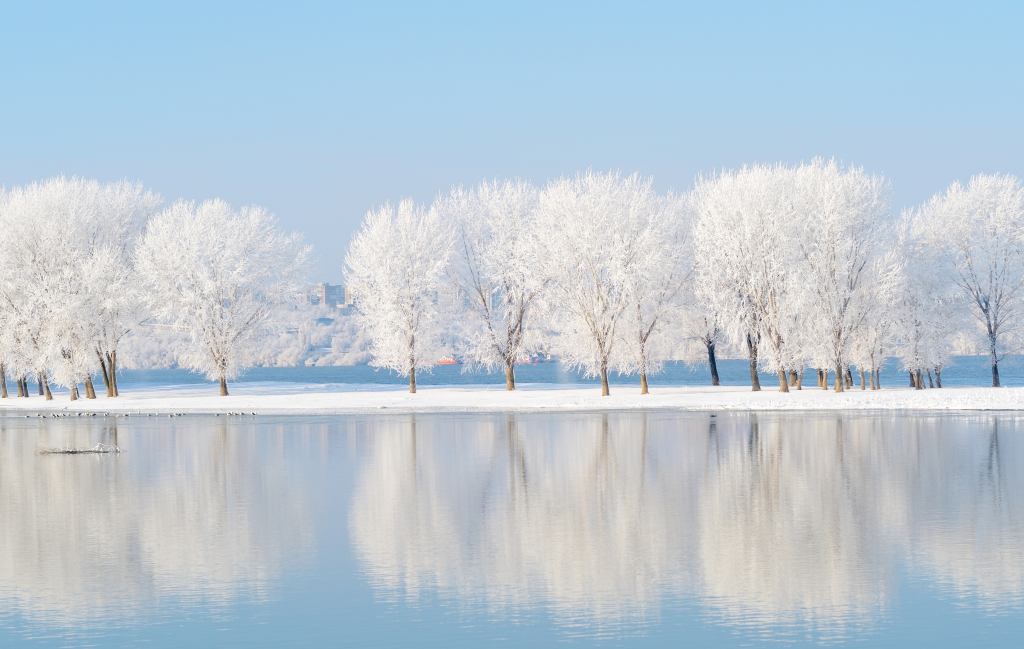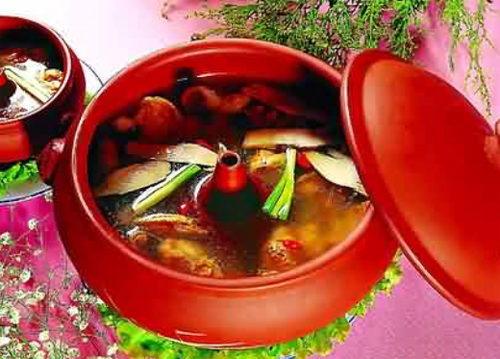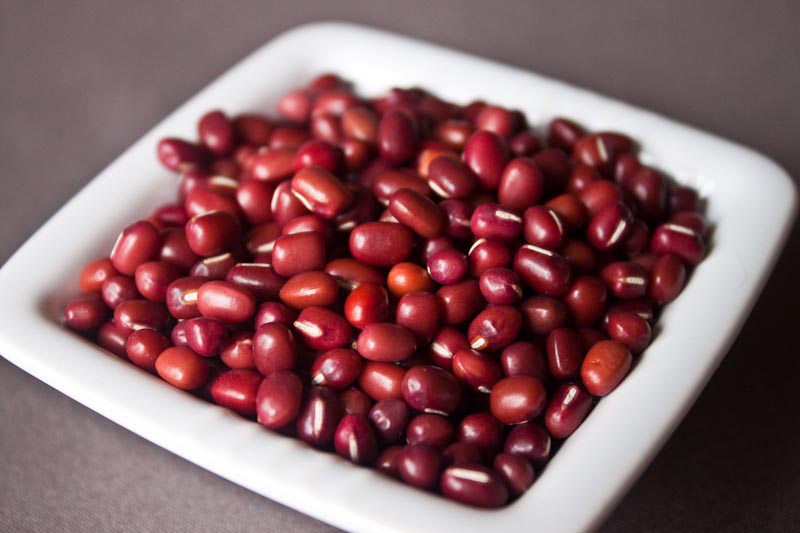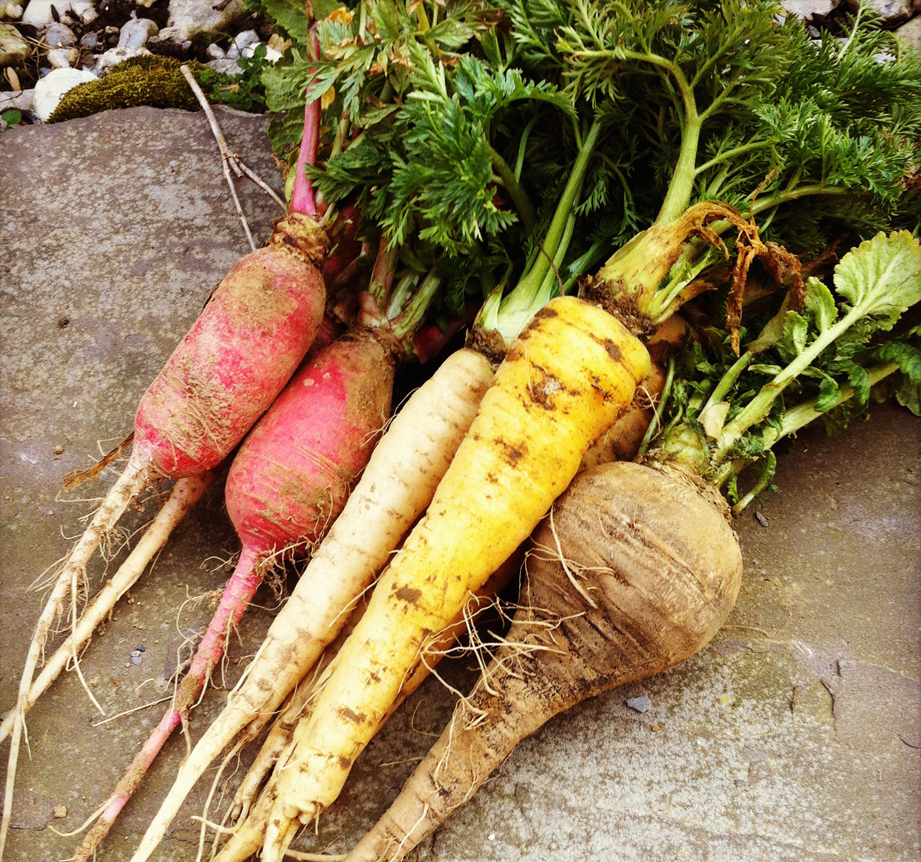Winter Health Chinese Medicine
According to Straight Bamboo by Alex Tan
http://straightbamboo.com/how-to-stay-healthy-in-winter/
Element: Water
Complementary Organ: Bladder
Complementary orifice: Ear
Season Winter
Color: Black
Nature: Yin
Primary function: Regulating the agin process
Skin Concern:Premature aging,hair loss, bone health and health of teath
Organs: Kidney, Urinary Bladder, Adrenal Glands, Ears, and Hair
Taste: Salty
Emotion: Fear and Depression
Primary Evil: Cold
Active Time : 3pm to 7pm
Winter is the season of retreat and rest, when the Yin (night, female, cold) is now dominant and Yang (day, male, hot) energy moves inward. Winter is a time of stillness and quiet, amplifying any sound there is. It is the time where this energy can be most easily depleted. Our bodies are instinctively expressing the fundamental principles of winter – rest, reflection, conservation, and storage.The ability to listen clearly at this time of year is sharpest, not only listening through conversation, but listening to your own body and comprehending its needs, as well as having a deeper understanding of yourself and your interactions with others.
In winter, living things slow down to save energy while some animals hibernate. It is also the season where humans conserve energy and build strength as a prelude to spring. In Traditional Chinese Medicine (TCM), human health has long been considered to be closely tied to nature. The natural world is thought of as a holistic entity in itself, and man’s health is determined both by his inner balance as well as in relation to the surrounding environment. Since ancient times, Chinese medicine practitioners have studied and developed complicated parallels between nature and health.TCM believes our diet should be adapted to focus on enriching yin and subduing yang, which mean we should consume appropriate fats and high protein foods. Chinese yam, sesame, glutinous rice, dates, longan, black fungus, bamboo shoot, mushrooms, leek and nuts are common ingredients in the Chinese dishes this time.
It is advisable to eat more food with bitter flavors while reducing salty flavors so as to promote a healthy heart and reduce the workload of the kidney.
Since a person’s appetite tends to increase over winter when they have a lower metabolic rate, absorbed nutrients from foods can be stored more easily. Energizing herbs such as ginseng, wolfberry, angelica, rhemannia root, astragalus and medicinal mushrooms can be used for this purpose. The principle of harmony between food and the weather is based on practical experience. It may seem to contradict principles stated elsewhere but the fact remains: foods eaten during the four seasons have different impacts on the human body. Foods become part of the body after being consumed but the four seasons (that is environmental factors) always impacts externally on the body. Chinese dietary philosophy suggests that you embrace your native foods in addition to eating locally-grown foods and those in season.
Shellie Goldstein creator of the AcuFacial facelift
http://www.hamptonsacupuncture.com/acufacial.shtml
We highly recommend her book Your Best Face Now, extremely informative and well done, simply explained and she is a Dr in acupuncture.
Lets keep in mind if we compare this list of food with other sources, you may find small discrepancies do to the differing opinion as to whether some foods belong in the Yin or Yan category.
Pine nuts, anchovies, mussels, trout, walnuts and chestnuts are also warming. You can encourage circulation and transformation with warming herbs such as ginger, cinnamon, cloves, black sesame seeds, cardamom, fennel and anise, black pepper, ginger, walnuts, turtle beans, black lentils, onions, leeks, shallots, chives, chicken, lamb, trout and salmon.,black olives, black tea (decaffeinated ), soy sauce low sodium, black vinegar,black trumpet mushrooms, nori seaweed, figs, dates, caviar, sesame oil, olive oil, clove tea, spearmint tea,
Foods in winter that build yin include beef, barley, turtle beans, millet, beetroot, wheat germ, seaweed, black sesame seeds, molasses, spinach, sweet potato and potatoes. Congees, stews and soups, bone-soups (stock) in particular, naturally support yin.
Avoid raw foods as much as possible; not to mention cold drinks and foods like ice cream.
Adzuki beans – remove damp and ease swelling
Celery – calms the liver and treats high blood pressure
Chestnut – strengthens kidneys, lower back and knees
Kidney Beans – strengthens kidneys and helps with lower back pain and sexual problems
Leek – warms the body Liver – nourishes blood and treats Liver deficiency
Pine nuts – builds the yin of the heart and lungs
Root vegetables are great in general.
Harriet Beinfield at http://www.drfranklipman.com/the-winter-season-a-chinese-medicine-perspective/ shares this information.
The Kidney: is the organ system that shares the power of Winter. Just as the bear survives upon accumulated reserves, the Kidney harbors our Essence that feeds and renews our life force. It is the Kidney that supports the reproductive organs governing sexuality, as well as engendering the structural elements of the body that regulate growth and regeneration. This is dependent upon an adequate store of Essence, which gives rise to the marrow, which produces the brain, spinal cord, bones, teeth, blood, and hair. Whereas Kidney Yin controls the juicy Essence, Kidney Yang kindles metabolic process. All the other organs depend upon the Kidney for moistening and regeneration (Yin), and for animation and warmth (Yang).
Sleep and Rest More: In winter go to bed early and wake up late. Nights are longer in winter, the sun sets early and rises late. So we go to sleep early and rise late, not asking our internal sun to do the job of the external sun.Therefore, one should refrain from overusing the yang energy. Retire early and get up with the sunrise, which is later in winter.” Some of this advice for winter focuses on humans’ natural circadian rhythms, a biological process noted in almost all living organisms that displays a change over a 24 hour period.
Manage your stress: Stress weakens the immune system, full stop. Its our response to stressors that we call stress, just as much as the stressors themselves. Some of us make everything stressful. Winter is a time for introspection as well as celebration.
Eat well: Eat freshly cooked food with lots of vegetables. Freshly cooked food is just that; freshly cooked.
Protect Your Body from the Elements: Catching a chill weakens your resistance to the rhino-viruses that cause colds. So match your dress to the weather. We protect ourselves from the rain with rain gear. We also have to protect from the cold and wind with warm clothing. Especially keep your head, neck, upper back, and belly warm and safe from wind. Wear a hat and a jacket with a warm collar or a scarf. If you sweat with exercise, dry off as quickly as possible.If you do get a chill after being outdoors, drink hot ginger or cinnamon tea when you come in. Boil water, add 3 slices ginger root and simmer a minute. If not available get some masala chai at the cafe.
Exercise: is always healthy. However slow, repetitive movements with less exertion than usual must be preferred. Short walks and exercises to strengthen the lower part of the body (legs, hips, pelvis, low back) are the best choice. Physical exercises must always be balanced with energy work: guided energy meditations (internal alchemy), yoga that includes more than stretches. Qi Gong and Tai Qi Chuan are the ways to create that balance.It is advised to avoid sweating during the coldest months, as this is thought to cause injury to the kidney qi, or energy, an internal energy people should strive to preserve in winter. According to Huang Di, sweating will “cause weakness, shrinking of muscles, and coldness, and the body may lose its ability to open up and move in the spring.” It is important to conserve energy in winter so that it can be put into action in spring.



